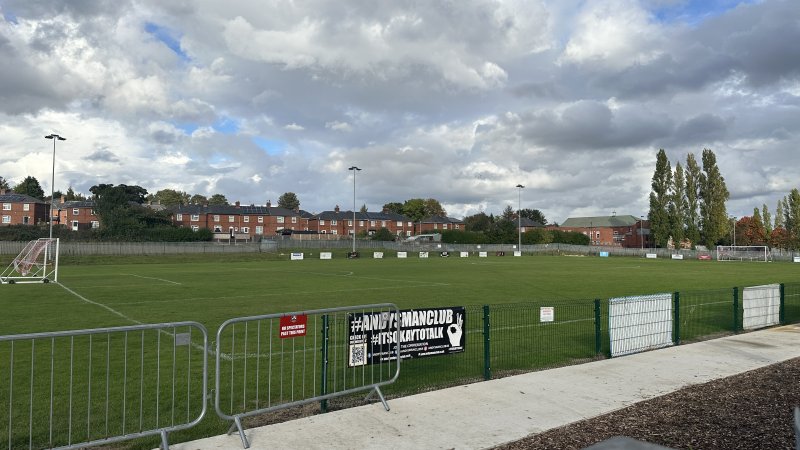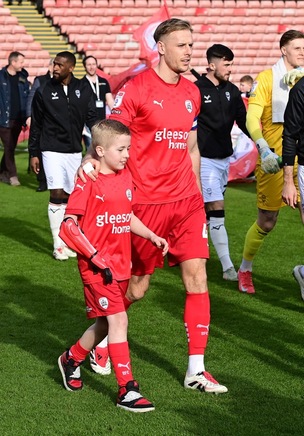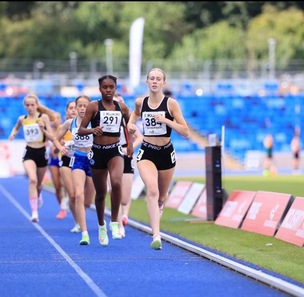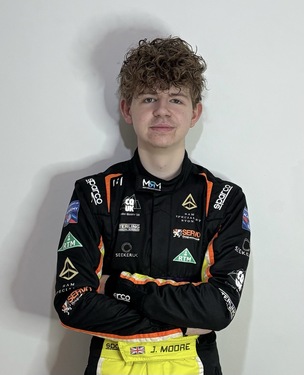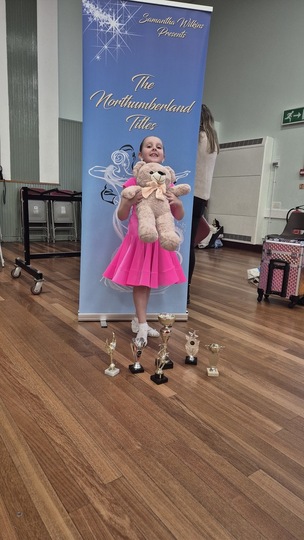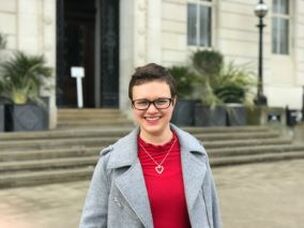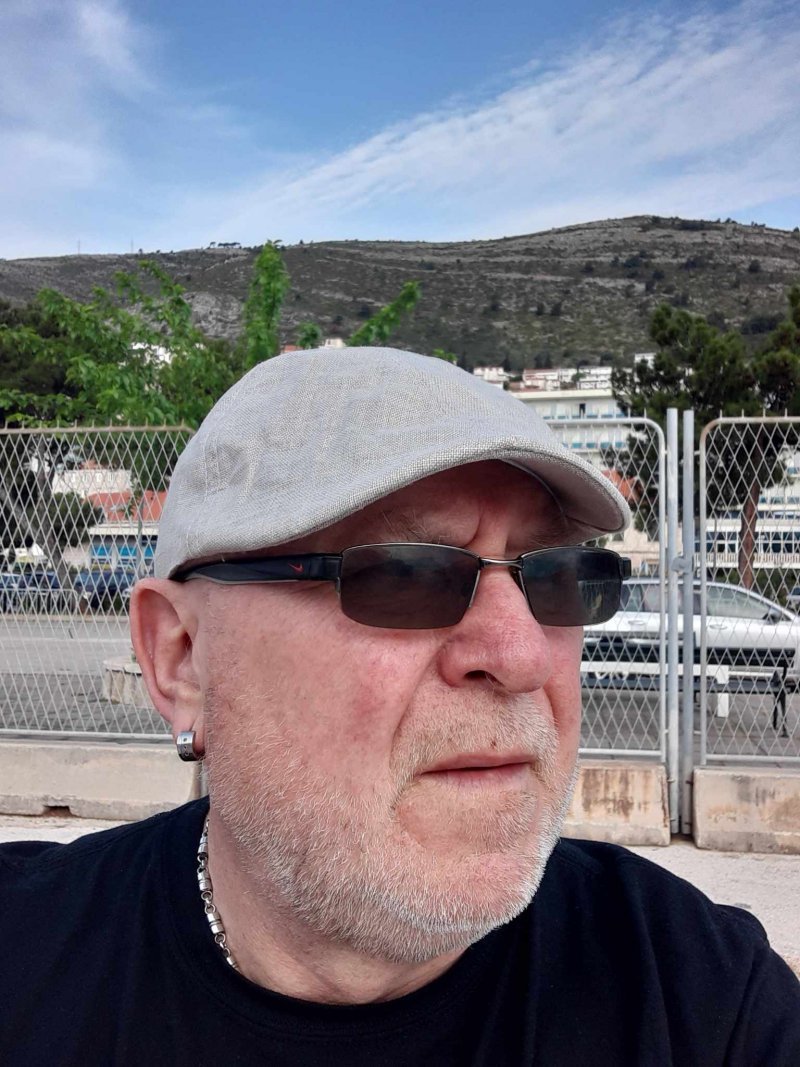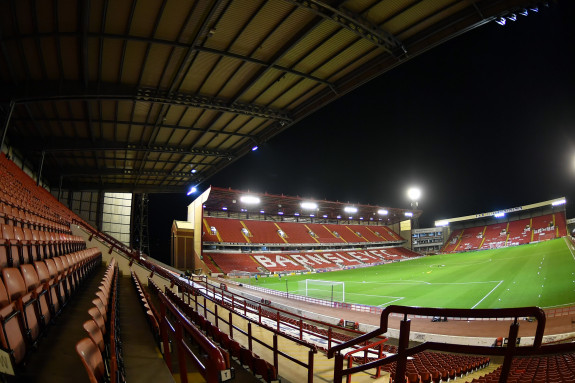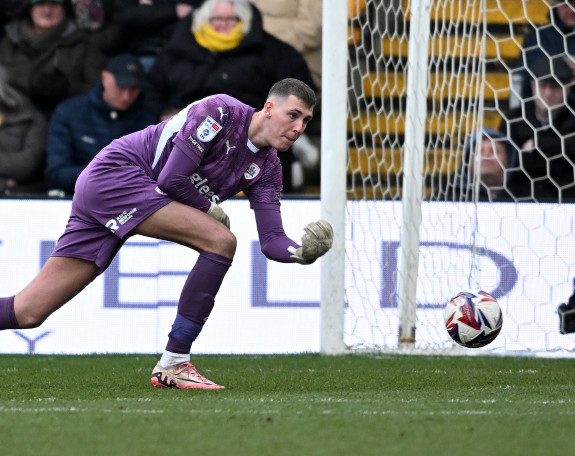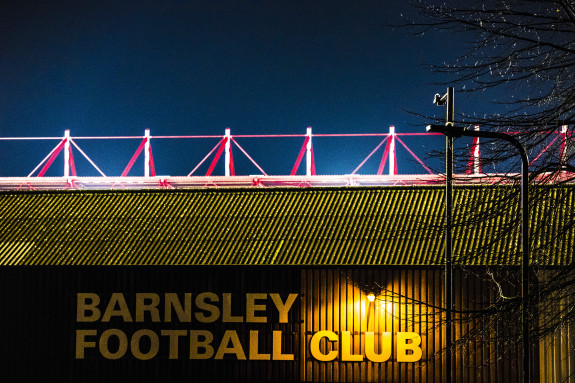ON Armistice Day at 11am, I listened to the chimes of Big Ben on Radio Four, and then observed the two-minute silence.
As the clock ticked away, my mind wandered to memories of my father and his older brother, Ronnie, who was killed fighting the fascists in Italy in 1944.
My father was always so proud of his brother and went to the Cenotaph every year to pay tribute to him and all the others who sacrificed their lives.
He told me many stories about them growing up together on Harvey Street and I recall being fascinated when handling the camouflaged cap and sun-goggles that Uncle Ron had worn in North Africa and Italy.
Dad once told me about how he’d waved Ronnie off from the Courthouse Railway Station for the last time in 1943. Ronnie had already been wounded earlier that year and was given the chance, by the army, to return to civilian life, but he refused.
“No” he said, as he polished his army boots, “I’ll not turn my back on my comrades.”
Feeling anxious, my father’s last words to his brother were, “Just tell me that we’ll see each other again, Ron. Tell me! Please!”
Ronnie answered, “Yeah, of course we will, you daft ha’porth.”
Forty years later, my parents were dropped off by the mini-bus on the outskirts of the coastal city of Bari, southeast Italy. It was May 1983 and the morning temperature was just about bearable. The sign on the attractive stone-built enclosure read:
BRITISH AND COMMONWEALTH MILITARY CEMETERY.
For decades my dad had imagined this place, set amongst rolling hills and olive groves, but the reality was more beautiful than he ever envisaged. Now they needed to locate Ronnie’s headstone.
A man in his 50s emerged from a tiny cottage built in the corner of the cemetery and behind him was a black-haired woman with lightly-tanned skin.
“Buongiorno! Buongiorno!” shouted the man. “Mister and Missus Steelie. We been expecting you. I, Carlo and this my wife, Livia. We... um... responsible for tending Ronald’s grave,” he said as he extended his arm to shake hands.
“We first show you where is grave and then we leave you in peace for contemplazione.”
Then Carlo and his wife led the way to the grave. When they were about thirty metres away, Carlo pointed to the row where the headstone stood and he and Livia went no further because experience had told them what to expect.
As soon as my dad saw the grave, he was overwhelmed. It was just too much for him to cope with. He’d waited for this moment ever since that hot evening at the Courthouse Station.
Suddenly, Dad began to shed the things he was carrying. First his shoulder bag fell on the grass and as he walked faster, his camera dropped to the floor. Then he broke into a trot and as the bouquet of flowers spilt onto the path, my dad started shouting at the top of his voice,
“Ron! Ron! I’m here Ron! I’m here! I swore I’d see you again. I swore it, Ron! And I’m here just like I promised!”
Then he fell to his knees on the grave and howled inconsolably while forty years of pent-up grief flowed from his heart and down his cheeks. It’s was so painful for my mam to witness – all she could do was embrace him.
Later, when the flowers had been neatly arranged on the grave and emotions had settled, Carlo and Livia approached them with a tray of refreshments. They too were emotional. For many years they had tended these graves and were keen to hear the back-story of those they had grown to love.
Mam and dad then signed the visitors’ book, which was stored in a bronze cupboard at the graveyard entrance. After an hour, the mini-bus returned and it was time for them to leave. All four hugged and kissed like brothers and sisters.
In 2015 my partner, Janet, and I also got the opportunity to make the 1,500-mile pilgrimage to Bari. Our visit was the fulfilment of a life-time’s ambition for me, and my heart was satisfied that I’d seen for myself, that corner of a foreign field that is forever England.
War is such a terrible thing.
Ronald Steele (1923 – 1944).

